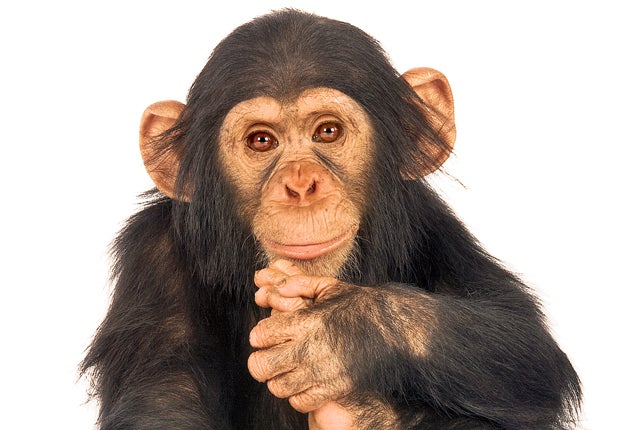Newly discovered gene could help to explain human evolution, say scientists

Your support helps us to tell the story
From reproductive rights to climate change to Big Tech, The Independent is on the ground when the story is developing. Whether it's investigating the financials of Elon Musk's pro-Trump PAC or producing our latest documentary, 'The A Word', which shines a light on the American women fighting for reproductive rights, we know how important it is to parse out the facts from the messaging.
At such a critical moment in US history, we need reporters on the ground. Your donation allows us to keep sending journalists to speak to both sides of the story.
The Independent is trusted by Americans across the entire political spectrum. And unlike many other quality news outlets, we choose not to lock Americans out of our reporting and analysis with paywalls. We believe quality journalism should be available to everyone, paid for by those who can afford it.
Your support makes all the difference.Researchers have discovered a new gene they say helps to explain how human evolution diverged from the last common ancestor we shared with chimpanzees.
The gene, called miR-941, appears to have played a crucial role in human brain development and could shed light on how we learned to use tools and language, according to scientists.
A team at the University of Edinburgh compared it to 11 other species of mammals, including chimpanzees, gorillas, mice and rats.
The results, published in Nature Communications, showed that the gene is unique to humans.
Martin Taylor, who led the study at the Institute of Genetics and Molecular Medicine at the University of Edinburgh, said: "As a species, humans are wonderfully inventive - we are socially and technologically evolving all the time.
"But this research shows that we are innovating at a genetic level too.
"This new molecule sprang from nowhere at a time when our species was undergoing dramatic changes: living longer, walking upright, learning how to use tools and how to communicate.
"We're now hopeful that we will find more new genes that help show what makes us human."
The gene is highly active in two areas of the brain, controlling decision-making and language abilities, with the study suggesting it could have a role in the advanced brain functions that make us human.
It is known that most differences between species occur as a result of changes to existing genes, or the duplication and deletion of genes.
But, according to scientists, this gene emerged fully functional out of non-coding genetic material, previously termed "junk DNA", in a brief interval of evolutionary time.
They said that, until now, it has been difficult to see this process in action.
Join our commenting forum
Join thought-provoking conversations, follow other Independent readers and see their replies
Comments